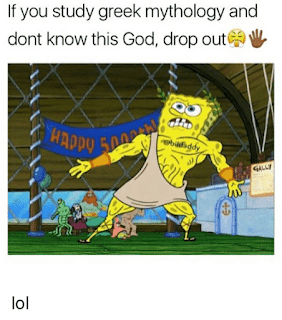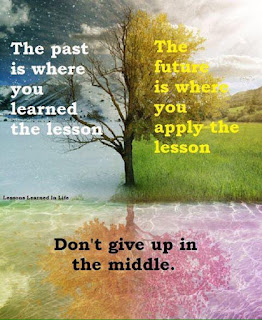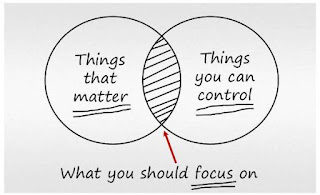Story Lab: Ted Talk Crash Course
What Is a Myth? Crash Course World Mythology #1
Theories and Myth: Crash Course World Mythology #12
The Hero's Journey and the Monomyth: Crash Course World Mythology #25
1. Mythology encompasses many topics such as: literature, history, anthropology, sociology, psychology, religion, and science. Myths are often very old and can be told in many versions. The idea of myths can be interpreted in many ways. Myth and religion can become ambiguous to an extent. Most of the time it can be hard to determine who started a myth because even if there are authors they may have taken it from someone else. We mostly use the word myth to determine that something is not true and so myth itself would be false but many authors take myths very seriously.
2. Definition of Mythology is the systematic study of myths. Analysis can be traced back to the mid 500b.c. Plato was one of the first to attribute myths to something being false. They used gods to explain things that they could not understand. The whole idea of gods and goddesses gave rise to myths. Europeans drew from ancient myths until the study of it took off in the 18th and 19th centuries. Psychology also looked into myths for explanations of human experiences. Freud and the unconscious was an example of this. In a way our projections of the unconscious were somewhat our own myths.
3. The hero's journey is known as a monomyth. Campbell believed that heroes somewhat tell us about our self and our journey in finding our place in society. He claims that they are not written by their authors but more so a manifestation. Heroes can take different forms within a myth.
Theories and Myth: Crash Course World Mythology #12
The Hero's Journey and the Monomyth: Crash Course World Mythology #25
1. Mythology encompasses many topics such as: literature, history, anthropology, sociology, psychology, religion, and science. Myths are often very old and can be told in many versions. The idea of myths can be interpreted in many ways. Myth and religion can become ambiguous to an extent. Most of the time it can be hard to determine who started a myth because even if there are authors they may have taken it from someone else. We mostly use the word myth to determine that something is not true and so myth itself would be false but many authors take myths very seriously.
This is a meme with SpongeBob as a greek god. [source]
2. Definition of Mythology is the systematic study of myths. Analysis can be traced back to the mid 500b.c. Plato was one of the first to attribute myths to something being false. They used gods to explain things that they could not understand. The whole idea of gods and goddesses gave rise to myths. Europeans drew from ancient myths until the study of it took off in the 18th and 19th centuries. Psychology also looked into myths for explanations of human experiences. Freud and the unconscious was an example of this. In a way our projections of the unconscious were somewhat our own myths.
3. The hero's journey is known as a monomyth. Campbell believed that heroes somewhat tell us about our self and our journey in finding our place in society. He claims that they are not written by their authors but more so a manifestation. Heroes can take different forms within a myth.




Hi Catalina! This post made me want to look into some Crash Course videos for a StoryLab! You did an excellent job of summarizing your thoughts and the content of the videos, and the Spongebob meme is hilarious. I appreciated the extra insight into the definition, history of, and study of mythology, and a great sentence from your post to explain the relationship between them was “We mostly use myth to determine something that is not true and so myth itself would be false but many authors take myths very seriously.” Thanks for sharing!
ReplyDelete